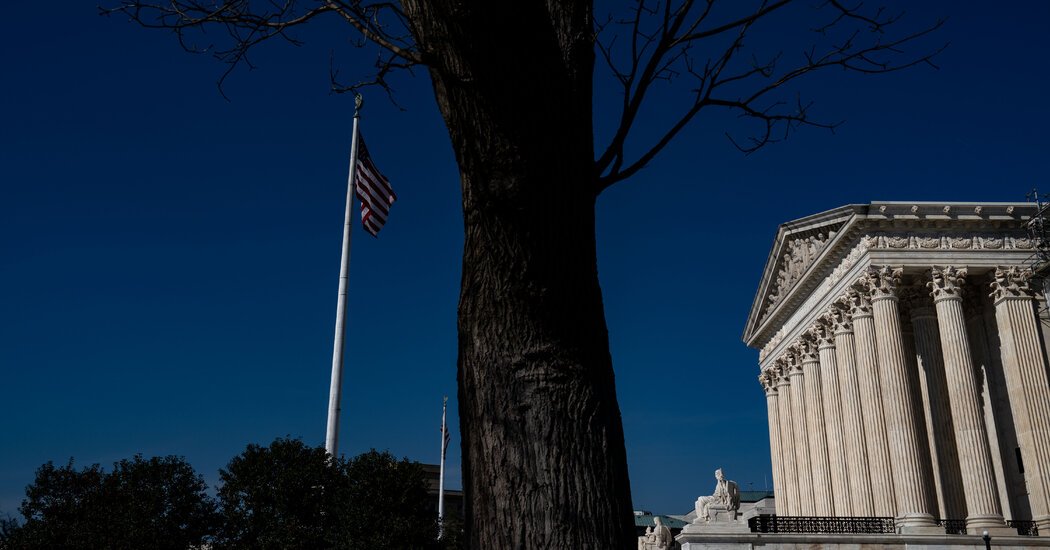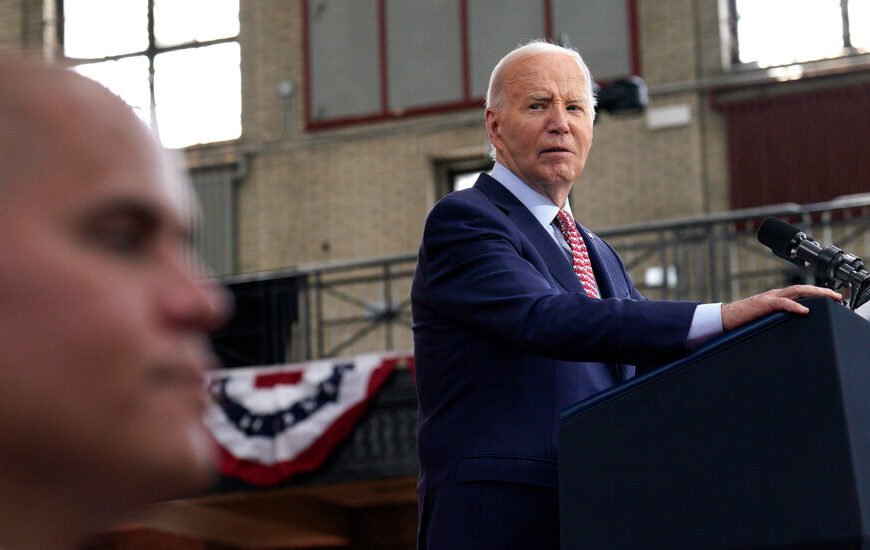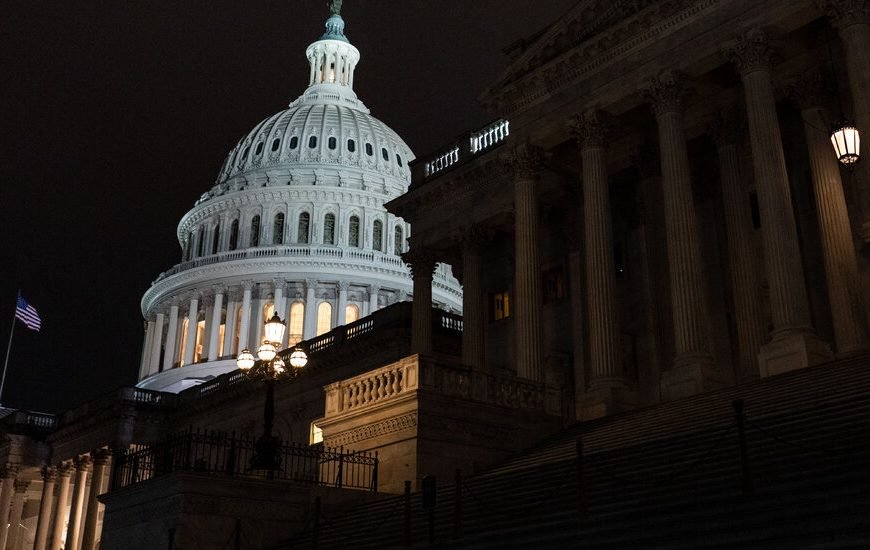In a lively Supreme Court argument on Wednesday, the justices returned to a thorny question that has engaged them at least three other times: When can people sue over arrests they say were motivated by retaliation for criticism of the government?
The general rule is that the existence of probable cause for the arrest is enough to bar lawsuits claiming retaliation in violation of the First Amendment.
Justice Neil M. Gorsuch said that was a recipe for abuse, allowing for politically motivated arrests. “How many statutes are there on the books these days, many of which are hardly ever enforced?” he asked. “Last I read, there were over 300,000 federal crimes, counting statutes and regulations.”
“They can all sit there unused,” he added, “except for one person who alleges that I was the only person in America who’s ever been prosecuted for this because I dared express a view protected by the First Amendment.”
In the court’s last encounter with the question, in Nieves v. Bartlett in 2019, Chief Justice John G. Roberts Jr.’s majority opinion recognized a narrow exception, using the example of jaywalking. “At many intersections, jaywalking is endemic but rarely results in arrest,” he wrote, adding that there may be circumstances in which someone arrested for that crime could sue for retaliation.
“If an individual who has been vocally complaining about police conduct is arrested for jaywalking,” he wrote, “it would seem insufficiently protective of First Amendment rights to dismiss the individual’s retaliatory arrest claim on the ground that there was undoubted probable cause for the arrest.”
How to tell when this exception applies? The plaintiff must present, the chief justice wrote, “objective evidence that he was arrested when otherwise similarly situated individuals not engaged in the same sort of protected speech had not been.”
Wednesday’s case, Gonzalez v. Trevino, No. 22-1025, tested the limits of that exception. It concerned Sylvia Gonzalez, a 72-year-old city councilwoman in Texas who was arrested in 2019 for misplacing a piece of paper after criticizing the city manager.
It happened not long after Ms. Gonzalez won a surprise victory and became the town’s first Hispanic councilwoman. Her first official act was to help collect signatures for a petition calling for the city manager’s removal.
At the end of a council meeting, Ms. Gonzalez gathered the papers in front of her and put them in a binder. The petition was among them.
A two-month investigation followed. At its conclusion, Ms. Gonzalez was arrested for concealing a government document, a misdemeanor.
The district attorney dropped the charges, but Ms. Gonzalez, saying she had found the episode traumatic, resigned from her position. She sued, saying the arrest had been in retaliation for her exercising her First Amendment rights.
Ms. Gonzalez, represented by the Institute for Justice, a libertarian group, said she had the sort of objective evidence of retaliation that Chief Justice Roberts’s opinion required. Her lawyers had reviewed a decade of data in her county, they wrote, and it was “clear that the tampering statute had never been used to charge someone for a common and uneventful offense of putting a piece of paper in the wrong pile.”
A divided three-judge panel of the U.S. Court of Appeals for the Fifth Circuit said that was not enough. “Gonzalez does not offer evidence of other similarly situated individuals who mishandled a government petition but were not prosecuted,” Judge Kurt D. Engelhardt wrote for the majority.
Several justices appeared uncomfortable with so strict a standard. It is one thing, after all, to show that no one else had been arrested for what Ms. Gonzalez did. It is another to prove that others had misplaced pieces of paper and had not been arrested.
The questioning suggested that the court could rule narrowly for Ms. Gonzalez, returning the case to the Fifth Circuit for reconsideration under a more relaxed standard.
“You should be able to say they’ve never charged somebody with this kind of crime before,” Justice Elena Kagan said, “and I don’t have to go find a person who has engaged in the same conduct.”
But Chief Justice Roberts said the Nieves decision was meant to be limited. “The court’s opinion in that case went out of its way to emphasize the narrowness of the exception,” he said.
Anya A. Bidwell, a lawyer for Ms. Gonzalez, said a narrow reading of the exception would lead to troubling results.
“If the mayor in this case got in front of TV cameras and announced that he was going to have Ms. Gonzalez arrested because she challenged his authority,” Ms. Bidwell said, “the existence of probable cause would make this evidence legally irrelevant.”
Lisa S. Blatt, a lawyer for the defendants, urged the court to maintain the status quo, warning that the alternative would create a flood of litigation.
“Throughout history,” she said, “probable cause has foreclosed retaliatory arrest suits. Nieves created one narrow exception for warrantless arrest where officers typically look away or give warnings or tickets. This court should not blow up that exception.”


















